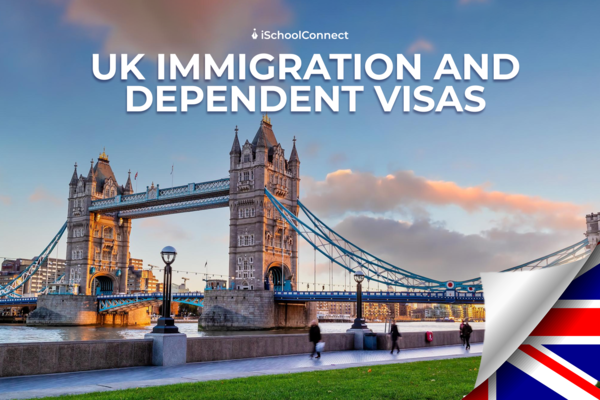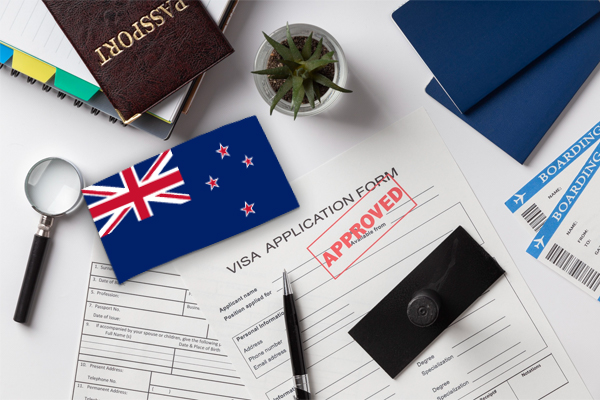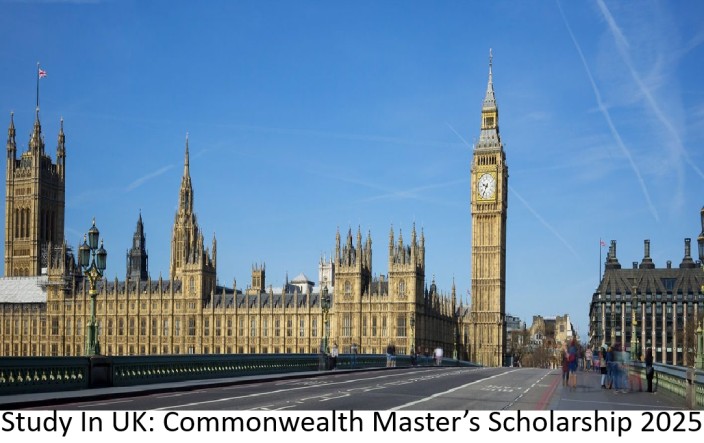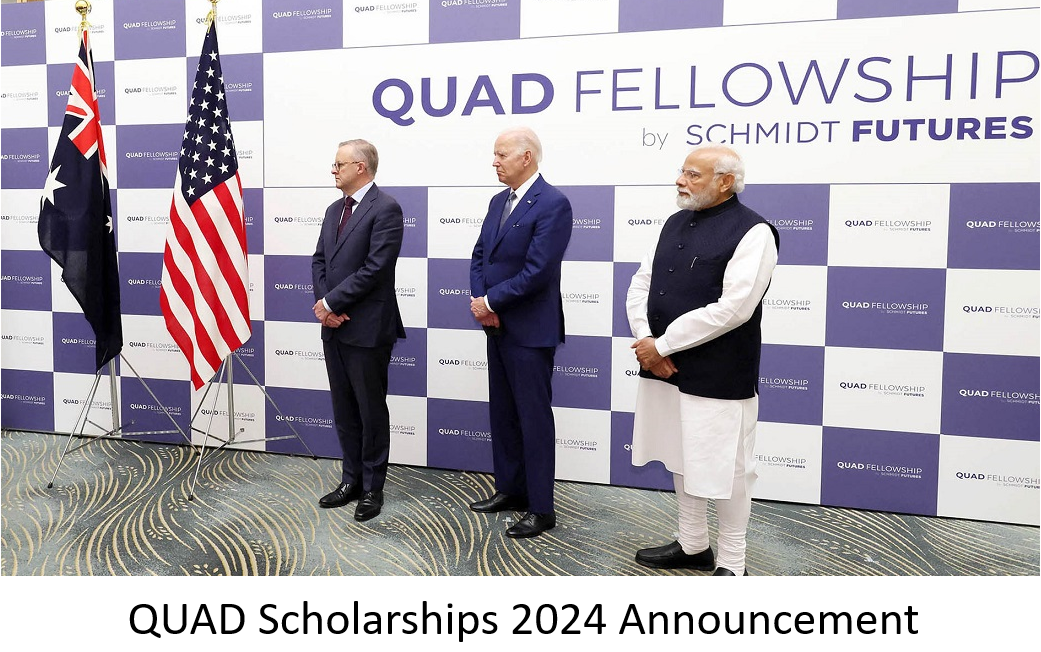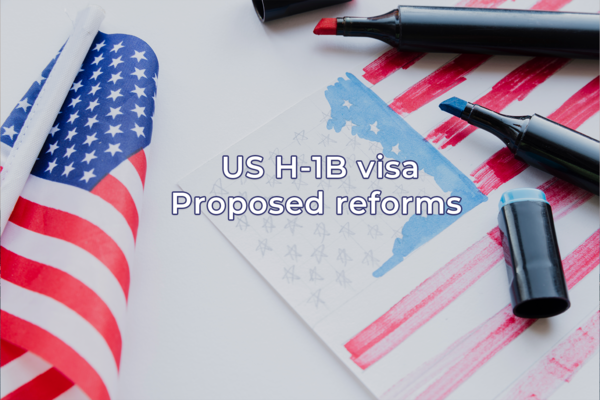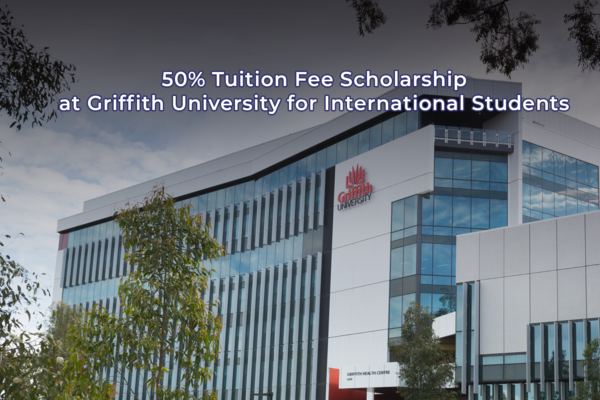Table of Contents
UK immigration updated rules
UK Prime Minister Rishi Sunak announced on January 1 that the majority of foreign university students are no longer allowed to bring family members to the UK. This policy is part of broader measures implemented to reduce legal migration. Home Secretary James Cleverly emphasized the need to lower migration, following high figures revealed by the Office for National Statistics. The plan includes preventing international students from switching to work routes before completing their studies. This closes a previous option for some students to work during their final semester.
Home Secretary Suella Braverman highlighted a significant spike in the number of visas granted to dependents of sponsored students. The numbers reached 136,000 in the year ending December 2022, compared to 16,000 in 2019.
UK immigration trend
The new rule concerning bringing dependents to the UK for students, the Migration Advisory Committee (MAC) 2023 annual report. The surge in net migration is driven by increase in migrant workers in Health and Social Care and international students.
In response to this trend, the government, in May 2023, introduced a set of measures aimed at reducing the issuance of student visas. As part of these measures, the government decided to eliminate the right for international students to bring dependents unless they are enrolled in postgraduate courses specifically designated as research programs. This move aligns with the broader objective of the Rishi Sunak-led Conservative Party to lower net migration, a longstanding concern that gained prominence during the 2016 ‘Brexit’ campaign. The Conservatives argued that reducing net migration would allow the UK to assert independence from EU guidelines in immigration decision-making.
The five point program

In December 2023, Cleverly introduced a plan for immigration restrictions in the UK, emphasizing income levels and workforce skills. The key measures include preventing Social Care workers from bringing dependents and raising the baseline minimum salary for the Skilled Worker visa from £26,200 to £38,700, effective April 2024 (excluding the Health and Care Worker visa). Changes to the Shortage Occupation List aim to limit jobs eligible for lower-than-minimum-salary sponsorship. The minimum income for sponsoring a spouse/partner visa will incrementally increase to around £38,700 by early 2025. Additionally, the government plans to review the Graduate visa system. This allows overseas graduates to stay in the UK for specified durations post-completion of their studies.
Concerns in health and care worker visas
The Health and Care sector accounts for 63% of Skilled Worker visas, introduced to address shortages. While crucial for providing care, there are concerns about increasing reports of exploitation and abuse, raising worries about potential healthcare staff shortages in lower-income countries. Indians are the largest group of Health and Care Worker visa holders, with 144,000 main applications and 173,900 dependents between October 2022 and September 2023.
Opposition and future directions
Concerns about dependents are highlighted, noting the fiscal cost to the UK when migrants bring children, potentially straining public services. Despite this, the report emphasizes substantial public value provided by the health and social care sector, going beyond fiscal considerations.
Labor Party MP Yvette Cooper criticized the government’s five-point plan in Parliament, advocating for controlled net migration. While acknowledging the importance of immigration, she stressed the necessity for a fair, effective, and economy-linked system. Cooper pointed out discrepancies, such as a significant increase in social care visas to over 100,000 annually while the program for recruiting care workers was halved. Health visas rose, but training places were reduced, and engineering visas increased while apprenticeship completions in the UK halved.
